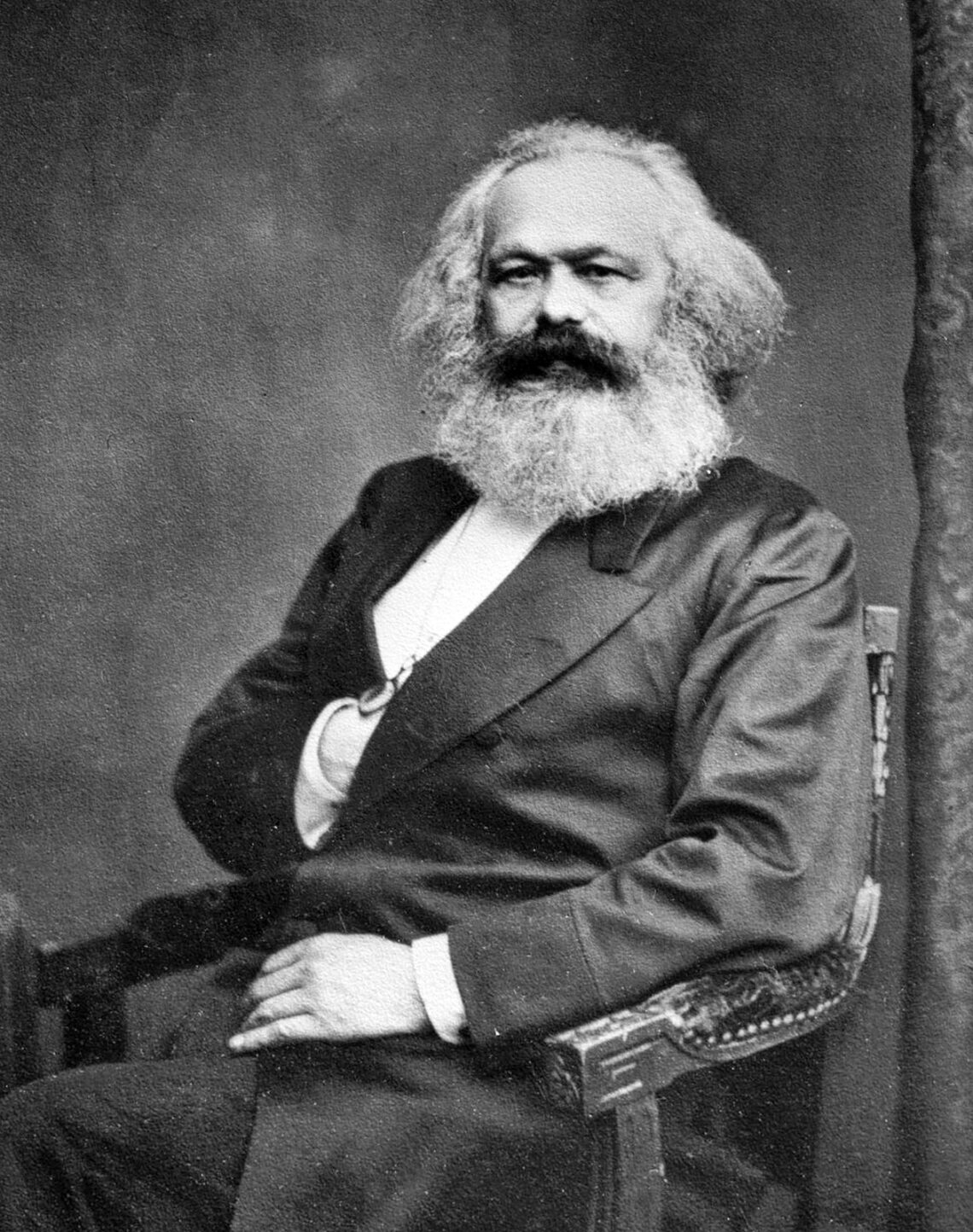In order to understand Marx, you must understand Hegel. But no one can understand Hegel. Ergo… Okay, so perhaps we don’t have to completely understand Hegel but merely get a rough grasp of what he was saying. Hegel was born in 1770, taught philosophy at the University of Jena until it was closed down in 1806 after Napoleon overcame the Prussian army, and taught at the University of Heidelberg from 1816 until his death from cholera in 1831. Hegel’s greatest contribution to philosophy is his view of history. Hegel thought that the flow of history has its own internal logic. The logical process of history is like the maturing of a spirit. Just…
-
-
Hard Work Does Not Always Pay
Though it is generally true that those who work hard will earn a living, the sweat of your brow has no necessary connection with the contents of your wallet. The value of your labor does not determine its price. What determines the price of something is the amount someone is willing to pay for it. Nor is there are moral connection – without a voluntary agreement to pay for someone’s labor, work itself does not obligate anyone to pay for it.
-
Economic Anti-Realism
Just what is economic anti-realism? I began to think about this during, and especially after, the last election. For me, it has to do with that number, the number we kept hearing about, ignoring and not really understanding, the number sixteen. It appeared, to me, that the last election was a simple, no-brainer. Whatever social position one takes and whether or not one likes a candidate or not, the question was: can we afford to spend any more money we don’t have? It doesn’t matter much if you think it is a human right to have health care if there is no way you can pay for it. Keeping Big…

